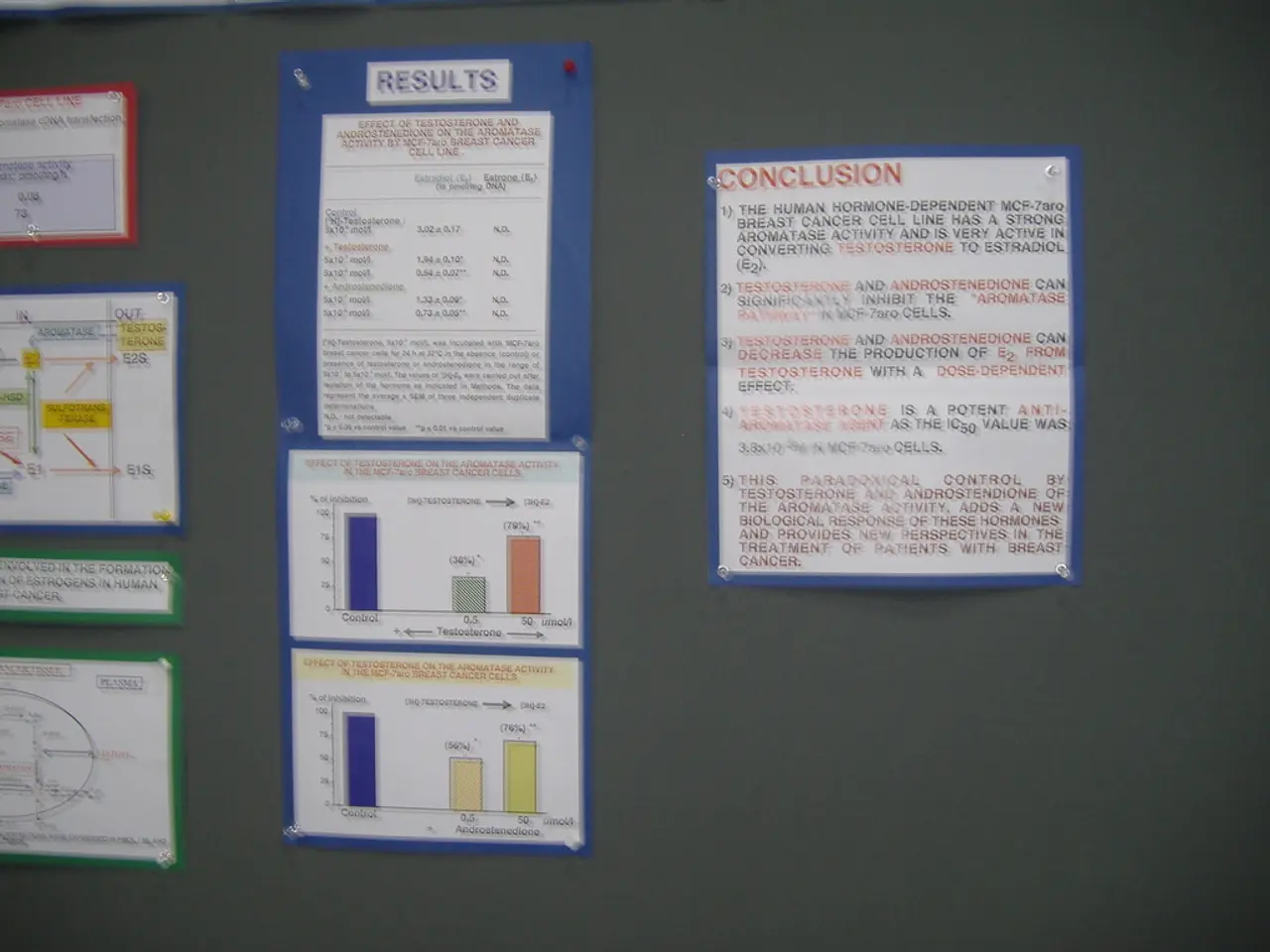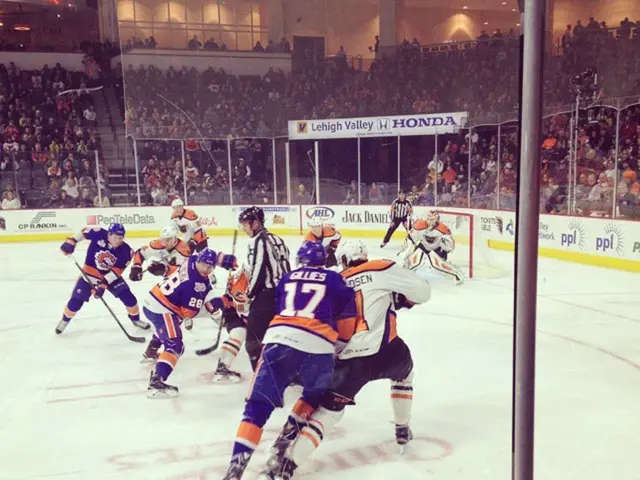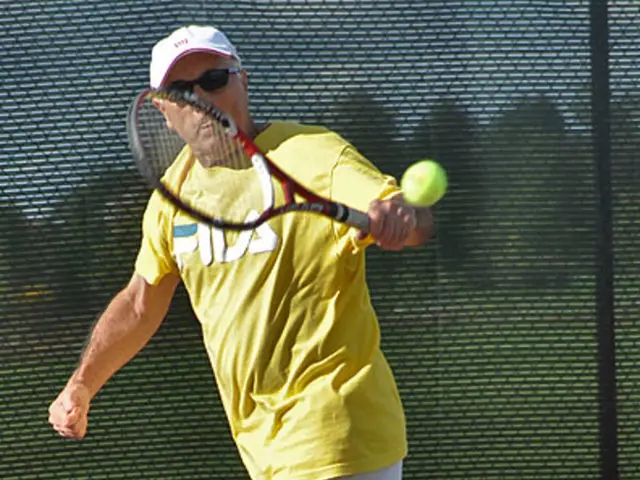Landlord advocates assert that Toronto's revised eviction regulation is exhibiting favorable outcomes, according to tenant activists
Toronto's Rental Renoviction Licence Bylaw Reduces Bad Faith Evictions
Toronto's Rental Renoviction Licence Bylaw, enacted on July 31, 2021, aims to curb the practice of bad faith evictions, also known as renovictions. The bylaw requires landlords to obtain a city licence before evicting tenants for renovations, with early indications suggesting it has positively impacted landlord behavior.
Bylaw Requirements and Enforcement
Landlords must apply for this licence within seven days of giving a notice of ending tenancy to the renter. The City of Toronto has adopted an "education-first approach" for compliance, with enforcement action to follow when appropriate. Penalties for non-compliance range from $1,000 (for late licence applications) up to $100,000 for unfair evictions or failure to complete renovations as approved.
Early Impact Observed
Tenant advocacy groups, such as the Advocacy Centre for Tenants Ontario, report a decline in renoviction complaints coinciding with the bylaw’s introduction. Some landlords appear to comply more diligently to avoid fines, reflecting behavior changes even within the first couple of weeks of enforcement.
Context of Renovictions in Toronto
Before the bylaw, Toronto saw a significant rise in renovictions: nearly a 50% increase in N13 eviction notices between 2017 and 2024. Renovictions disproportionately affect low-income and marginalized tenants, contributing to housing insecurity and loss of affordable rental units.
Limits of Current Data
Since the bylaw only became effective in late July 2025, comprehensive data on its effects on eviction rates and homelessness is not yet available. Longitudinal studies and enforcement reviews will be necessary to determine if the bylaw meaningfully reduces renovictions and related homelessness over time.
Protecting Tenants and Preserving Affordable Housing
The Rental Renoviction Licence Bylaw is designed to protect tenants from "bad faith" evictions under the guise of renovation. These bylaws are beneficial for the entire housing system in a city as they help preserve affordable housing stock.
The new Toronto bylaw requires an architect or engineer to confirm that a unit must be empty for renovation work. Tenants who have to move and pay higher rent elsewhere are eligible for rent gap payments.
Looking Ahead
Advocacy groups remain cautiously optimistic but continue monitoring enforcement and outcomes throughout 2025 and beyond. Enforcement of the bylaw is considered crucial in reducing unlawful evictions and homelessness.
Toronto landlords must now obtain a licence from the city before carrying out repairs or renovations that force tenants to move out. The bylaw is among the strictest efforts in Ontario to curb bad faith renovictions, following similar moves by New Westminster, B.C., Hamilton, and London.
People in lower-cost rentals are commonly targeted by renovictions and face immense difficulties in finding new affordable housing. The Rental Renoviction Licence Bylaw is a step towards ensuring fair treatment for renters and preserving affordable housing in Toronto.
Read also:
- Court petitions to reverse established decision on same-sex marriage legalization
- Proposed Standardization of Food Labeling Laws Among Member States by the Commission
- Commemoration of 200 Days of American Resurgence Unveiled
- Minister Bärbel Bas expresses doubts about her tenure as a minister following a recent interview during the summer.







